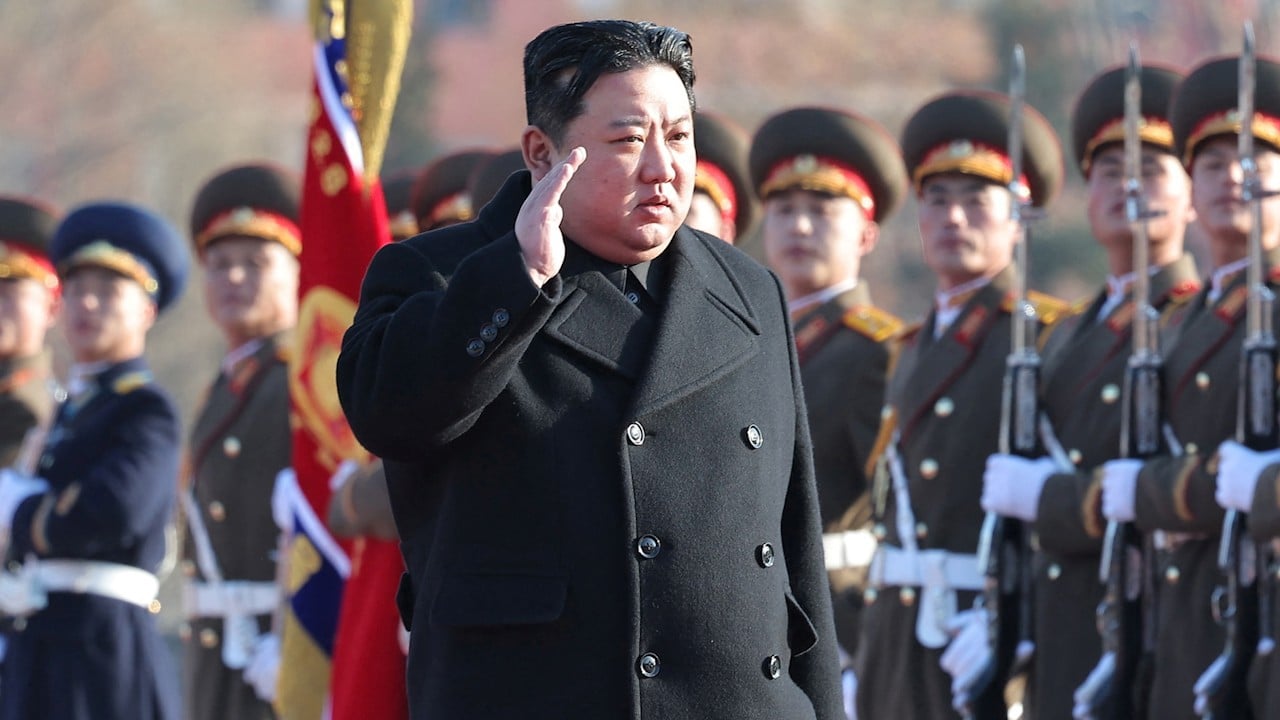Kim Jong-un’s powerful sister offers rare olive branch to Japan as Seoul-Pyongyang ties weaken
Kishida has long said he is willing to meet Kim Jong-un without preconditions. Last week, he said his government has made “various, concrete” efforts for a summit with the aim to resolve the long-standing issue of Japanese abducted by North Korea, Kyodo News reported.
Tokyo officially lists 17 of its citizens as having been abducted by North Korea in the 1970 and 80s, five of whom returned home in 2002. North Korea considers the issue settled and has blasted Japan for repeatedly raising it. North Korea claims that eight of the abductees have died, and the other four were never in its country.
While a summit with Kim Jong-un could provide a boost in the sagging support rate for Kishida’s government, it would be nearly impossible for him not to focus on the abductee issue, which has played a prominent role in the priorities of his ruling Liberal Democratic Party for years.
What to know about South Korea-Japan ties as Yoon, Kishida meet
Before the statement from Kim Yo-jong, a senior US State Department official charged with managing issues with Pyongyang said Kishida has mentioned a summit before and Washington would support talks.
“We encourage any kind of dialogue,” Jung Pak said.
In 2002, Junichiro Koizumi became the first Japanese prime minister to visit North Korea. Soon after that, five Japanese kidnapped by North Korean agents in 1978 were reunited with their families after arriving in Tokyo. Koizumi and then North Korean leader Kim Jong-il also agreed to work to establish formal diplomatic relations but that never came to fruition.
